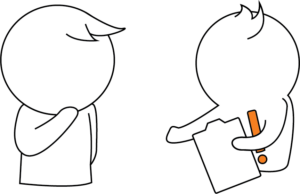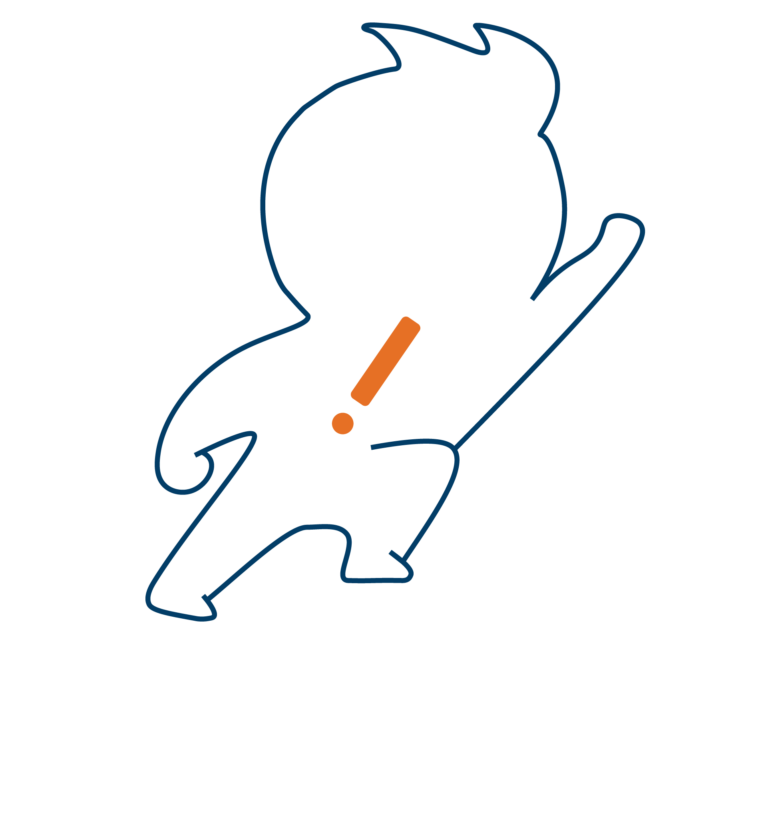Our Research
A simple guide of our framework

Help us improve by taking our creativity test :)
Identity
What triggers our creative thoughts
Cognitive (C):
- Focused minds that normally develop their ideas through a deep and conscious analysis of the situation rather than relying on feelings. Cognitive thinkers usually have more talent for adapting and improving existent ideas or projects rather than creating new concepts.
Emotional (E):
- Intuitive minds that base their ideas on perceptions and feelings regarding a situation rather than making sense of it. Emotional thinkers usually have more talent for creating new concepts and ideas rather than working with well-known projects and established rules.
Development
How we connect our ideas to create meaning.
Sequential (S):
- Methodic and practical thinkers who analyze situations in a step-by-step manner. Their ideas flow better when they remain focused.
Random (R):
- Dynamic and curious thinkers who are under constant brainstorming. Their ideas come and go in a random order, and at random times, regardless of them being concentrated or not.
Expression
How we express our ideas
Logical (L):
- Down-to-earth reasoning focused on rationality and rules. These thinkers express their thoughts logically and prioritize realistic solutions in the present.
Theoretical (T):
- Idealistic and expressive approach focused on possibilities. These creative thinkers prioritize future solutions and goals.
Approach
Our approach when processing information
Atomistic (A):
- Detail-oriented and analytical approach that prioritizes the process over the result. We use it to break down events into smaller elements to measure each one of them separately.
Holistic (H):
- Goal-oriented and straight-forward approach that prioritizes the result over the process. We use it to understand the big picture and how the events are connected.

